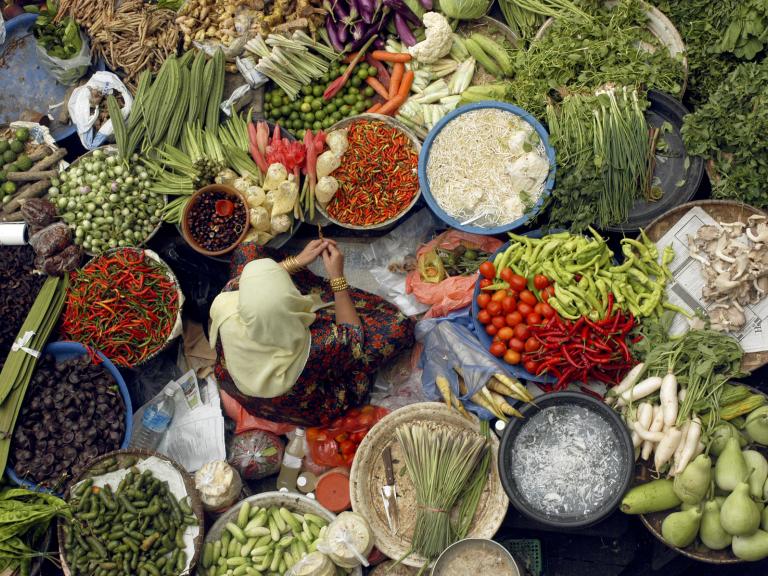-
Last updated on

© ITG
Many people probably know the Institute of Tropical Medicine (ITM) in Antwerp as the travel clinic where you can go for diagnosis and treatment of diseases you have contracted in tropical places. For the sake of clarity, HIV/AIDS and other sexually transmitted diseases (STIs) are also included. You will also find there all the information about disease risks in the tropics and you can get vaccinated. But ITM is much more than that.
From colonial times to the present
You might wonder how ITM ended up in Antwerp. In colonial times, it was a hospital for people returning from the tropics and a training institute for those who travelled to the tropics. This was why the institute had to be close to the harbour. After all, in the Congo Docks, ill people from the colonies arrived by boat.
But after decolonisation in 1960, ITM grew into a leading centre of expertise in tropical medicine, including for animals. Its research in that field is among the best in the world. For example, the deadly Ebola virus was co-discovered in 1976 by ITM researchers Peter Piot and Guido van der Groen.
The institute focuses, among other things, on all kinds of viral diseases (HIV/AIDS, COVID-19, Zika, etc.), tuberculosis, malaria and a series of neglected tropical diseases. Vulnerable people and less fortunate environments receive special attention.
ITM also aims to disseminate the results of that research. It does this by organising training courses for people from the South, among other things. As such, the institute is an important partner of the Belgian Development Cooperation. It aims to develop strong partners in the South, with whom they can eventually work together on an equal footing.

© ITG
Congo, Brazil, Ethiopia, Vietnam, Belgium, etc.
Does that all sound a little abstract? In the documentary ‘Besmet’, you join ITM researchers on their travels. You will end up in remote villages in Congo, the Amazon forest in Brazil, agricultural fields in Ethiopia and with indigenous minorities in remote settlements in Vietnam. But you will also find yourself along our own Belgian motorways, in front gardens and in residential care centres. And, of course, also in the labs in the stately Art Deco buildings of ITM in Antwerp South.
You will also discover in ‘Besmet’ how groundbreaking that research is. You'll notice that the research results are being followed with extraordinary interest at the World Health Organisation's headquarters in Geneva and have consequences for as far away as the jungle of the Congolese Equatorial Province

© ITG
Be vigilant!
The COVID-19 pandemic seemed to come out of the blue this year. But did you know that ITM scientists have been warning of such a health threat for years? ‘Besmet’ makes it clear that COVID-19 is not the only threat. Increasing globalisation, climate disruption and all kinds of human behaviour are only accelerating the process by which new germs can emerge. How well are we prepared for that?
‘Besmet’ shows how necessary the work of ITM is for global health. And perhaps the most important lesson from more than 100 years of research is: be vigilant!
The series was produced with the support of the Belgian Development Cooperation.
More on People

World Food Day 2020: Together for a world without hunger
Today, 690 million people are starving, 60 million more than in 2014. The COVID-19 pandemic makes the situation even more grim. ...
Victims of sexual assault deserve better
The consequences of sexual assault are severe. This was why the Belgian Development Agency (Enabel) in the Congo introduced a ho...

EU: fair, healthy, environmentally friendly and affordable food for everyone
With its “Farm to Fork” strategy, the European Commission has outlined a comprehensive plan for a resilient food system that res...
